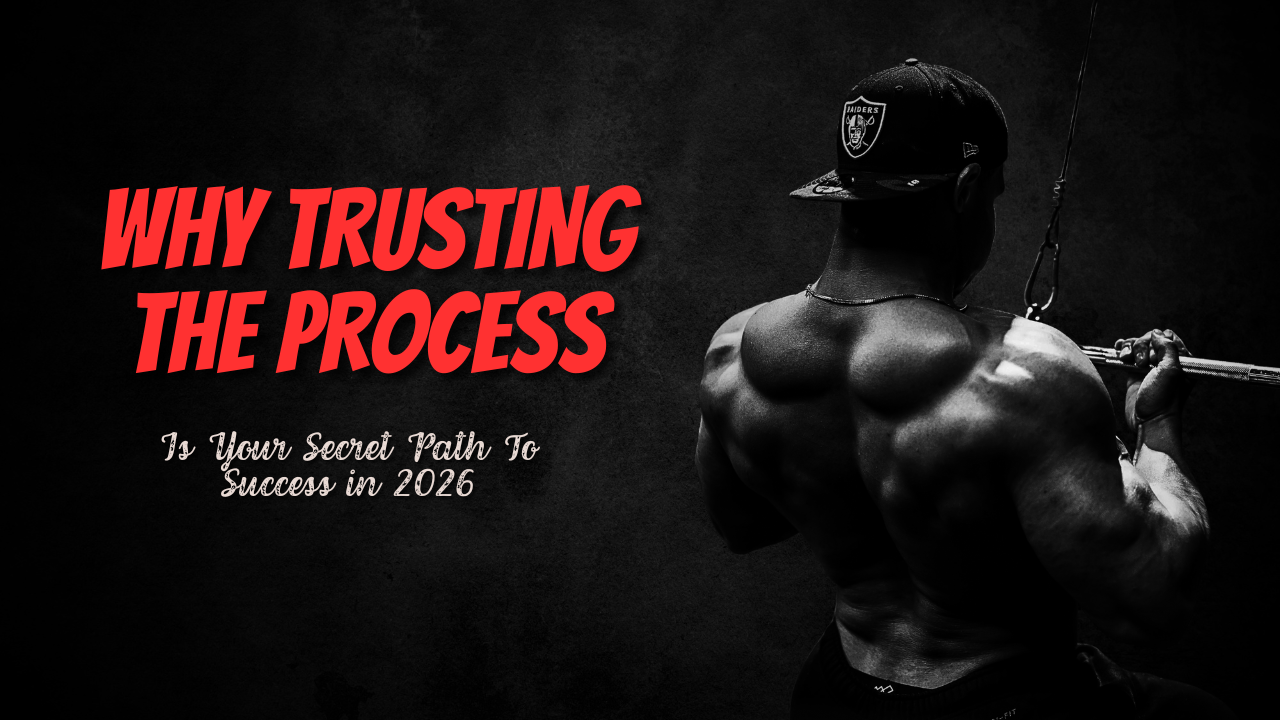This Is The Real Reason We Procrastinate ( And How To Break FREE)
You’re not lazy, you're scared. This is what’s really behind your procrastination—and what to do when fear, pressure, and perfectionism take over.
We've all done it. Deadlines sneak up. Tasks pile up. And we're sitting there scrolling, knowing full well what we should be doing—but somehow can't get ourselves to start. This fear of procrastination is a common struggle that many of us face daily.
That moment of stuckness isn't just laziness; it's a mix of overwhelm, avoidance behavior, and emotional fatigue.
You feel the weight of what's undone, but instead of acting, you freeze. The fear of failure and procrastination often go hand in hand, creating a paralyzing cycle.
And then the shame creeps in, making it even harder to start. This is the cycle most of us live in daily—and we wonder why we feel behind and burnt out.
Let's break it down and figure out what's really going on, exploring the procrastination reasons that keep us stuck.
What Procrastination Really Is
It's not laziness—it's fear, perfectionism, and pressure
Most people aren't lazy. They're afraid. Afraid they'll fail. Afraid they'll succeed and still feel empty. Afraid of being judged.
Procrastination is self-protection. If we don't start, we can't fail. But that same procrastination fear keeps us stuck, leading to missed opportunities and increased anxiety.
The brain behind the behavior
Your brain is wired to avoid discomfort. When a task feels uncertain, boring, or overwhelming, your brain says, "Let's check Instagram instead."
It's not about willpower. It's about understanding the procrastination triggers and re-training your emotional response.
This avoidance behavior is often rooted in self-doubt and limiting beliefs about our capabilities.
Common Lies We Tell Ourselves
"I work better under pressure"
No! You work under pressure, not better. That adrenaline might help you finish something, but it rarely helps you do it well—or without burnout.
It's not peak performance. It's survival mode, often leading to increased stress and poor time management.
"I just need more motivation"
Motivation is fickle. It shows up when it wants to. Self-discipline doesn't wait for motivation.
It builds momentum, and momentum creates motivation. Don't wait to feel ready. Act anyway. This is a crucial mindset shift in overcoming procrastination.
"I don't feel ready yet"
Spoiler: You're not supposed to feel ready. Readiness comes after action, not before. Waiting to feel ready is just a dressed-up delay tactic.
The first step in choosing and committing to overcoming procrastination is acknowledging that readiness is a myth.
The Deeper Root: Fear Of Failure, Success, Or Judgment
Naming it = disarming it
Fear thrives in the shadows. When you name it out loud ("I'm afraid I'll mess this up"), you take away its power.
Most procrastination fades the moment we confront what we're really running from. Addressing underlying fears is key to breaking the cycle.
How to address the real emotion underneath
Ask yourself: what am I really afraid of here? Disappointing someone? Looking dumb? Doing it wrong?
Don't dismiss the emotion—address it. Be honest. Then take action anyway. This process of rewriting your mental narrative is crucial for long-term change.
Tactical Ways To Break The Cycle
The "just 5 minutes" rule
Set a timer for five minutes and start. That's it. Often, just starting is the hardest part. Once you're in motion, it gets easier.
Action kills avoidance. This simple technique can be a powerful tool in stress management and overcoming task aversion.
Work in focus bursts
Try 25-minute sprints (Pomodoro style), then break. This helps you stay sharp and makes big tasks feel manageable.
Consistency beats intensity. This method can help combat decision fatigue and improve overall time management.
Environment hacks that change everything
Set your phone in another room.
Declutter your workspace.
Use noise-canceling headphones.
Your environment can either distract you or empower you. Design it to win. Creating a healthy work routine and setting clear goals can significantly reduce procrastination triggers.
Take Imperfect Action Today
Not next week. Not when it's convenient. Today. Choose one thing you've been putting off and give it five minutes.
Breaking tasks into smaller steps can make them feel less daunting and more achievable.
Doesn't have to be perfect. Just start. Because clarity, confidence, and growth? They all come after action, not before.
This approach to habit formation can lead to long-term productivity gains and reduced anxiety.
Let's stop waiting and start moving. By understanding and addressing our procrastination reasons, we can overcome the fear of failure and start making real progress in our lives and work.




Discover the surprising path to self-love that nobody talks about. Learn to transform your inner dialogue, build genuine self-compassion, and reconnect with who you really are.